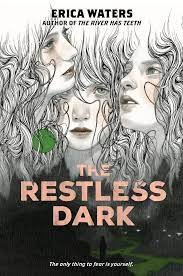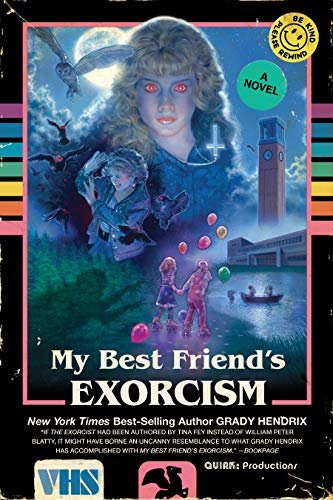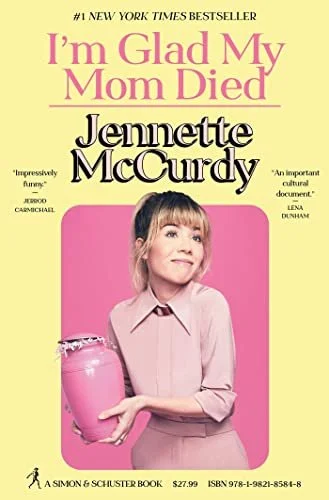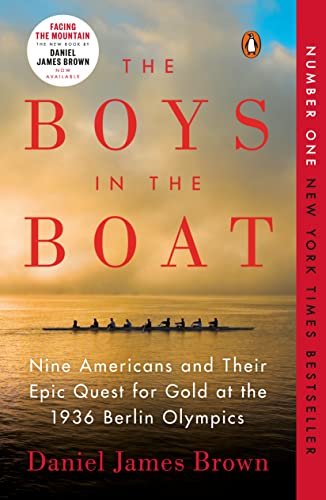Writer’s block happens to the best of us. One day the words and flowing and you feel like you could finish your entire manuscript in a day then without warning the words fry up, the ideas vanish, and you are left staring at a blank page. When it happens, it can feel frustrating and even insurmountable.
Writer’s block can strike unexpectedly for no discernable reason. Our creativity can be impacted by other life stressors, how much sleep we get, pressure put on by ourselves or others, the focus on perfectionism, fear of not getting it done, and self-criticism. Often writer’s work in natural ebbs and flows, so it can simply be part of your creative rhythm to have slower days.
Just know that you aren’t alone. Writing requires both creative flow and a lot of brain power that few other tasks demand.
Don’t despair! There are plenty of strategies that you can use to overcome writer’s block. Each time might require a different strategy for getting out of your writing rut. So, try several methods and see what works best for you.
1. Go for a Walk
When we're feeling stuck, taking a walk is a helpful way to get your creative juices flowing. The benefits of walking are many - it could help clear our minds and reduce stress, which are often the primary causes of writer's block. For instance, a study published by the Journal of Experiential Psychology suggests that walking improves creativity.
It doesn’t have to be a long walk. A stroll around the block a few times could recharge us enough to jumpstart our writing efforts. Walking could give you an opportunity to observe your surroundings, which could spark ideas for our writing projects. It doesn’t have to be walking either. Any form of physical activity is enough to get the blood moving and the ideas flowing.
2. Read a Book
When in the midst of writer’s block, it may feel counterproductive to walk away from the keyboard and enjoy some down time, but reading is one of the best ways to get your own creative energy moving. Sometimes, taking a step back is necessary to give us the necessary perspective to come back to our work with a fresh mind. Reading also provides us with inspiration. We can even subconsciously absorbing structure, vocabulary, and style. It's a great way to learn new techniques that could be applied to our own work.
3. Set Timers
Setting a timer could be another effective way to overcome writing block. Timers are particularly helpful if you are feeling overwhelmed by the magnitude of the task you have set out to complete. Setting a brief timer helps you refocus while breaking the writing for the day into smaller more manageable pieces.
I start with twenty-five-minute timers, but it can be as short as ten, so long as you are writing without interruption. When the timer ends, take a break. You can even use your break time for another activity on this list!
4. Create a Schedule
Creating a writing schedule is one of the most effective ways to overcome writing blocks. It allows us to set specific deadlines for ourselves and stay accountable. Scheduling specific blocks of time for writing can also help us to work more efficiently and productively.
For instance, we could dedicate ourselves to writing every morning for two hours, or we could set aside specific days of the week for writing. Creating a schedule gives us the freedom to set our own pace, but also forces us to commit to writing on a regular basis.
5. Listen to Music
Music has the power to lift our mood, stimulate our senses, and heighten our creativity. It creates an atmosphere that helps us get our work done. Moreover, music has been shown to trigger the release of endorphins, which are hormones that could potentially reduce stress and help us overcome writing block.
Perhaps we might choose a playlist that features instrumental or classical music, which could help us focus, and block out external distractions. Alternatively, we could listen to our favorite upbeat songs that give us that extra motivation we need to get through our writing struggles.
6. Journaling or Free Writing
Journaling and free writing is also a helpful way to overcome writer’s block. It helps us to express our thoughts and feelings, reflect on our writing projects, and figure out what might be causing our blockage. Writing about our writer’s block could help us identify and understand the underlying reasons why we are struggling to write.
Free writing also allows us to play around and have fun with writing without the stress and pressure of deadlines, structure, or perfect prose. Take some time to have fun and remember why you are writing in the first place.
7. Change Your Surroundings
This is one that I rely on often. Sometimes the thought of sitting down at my desk is too much, so I pack a bag and head to a café, or if the weather is nice, I set up in a park. It is amazing what a change of scenery can do for our workflow and productivity.
8. Don’t Go It Alone
Sometimes writing can be very isolating. It is helpful to find a friend to share your work with. Sharing our writing can also provide just the right feedback that may trigger your next big idea. Or simply writing where other people are working can help us feel like part of a community and not so terribly alone with out thoughts.
Always remember that writing is a creative process, no matter what thoughts and ideas you are trying to get down on paper. It will naturally wax and wane. There are plenty of strategies we can use to overcome it. Whether it's taking a walk, reading a book, setting timers, creating a schedule, listening to music, or journaling- trying different approaches could help get our creative juices flowing again.
Need Help?
No need to go it alone! I offer ghostwriting and author coaching service to help authors write their books and develop their series. Reach out now!
Be sure to follow me on social media to build your writing community!


































